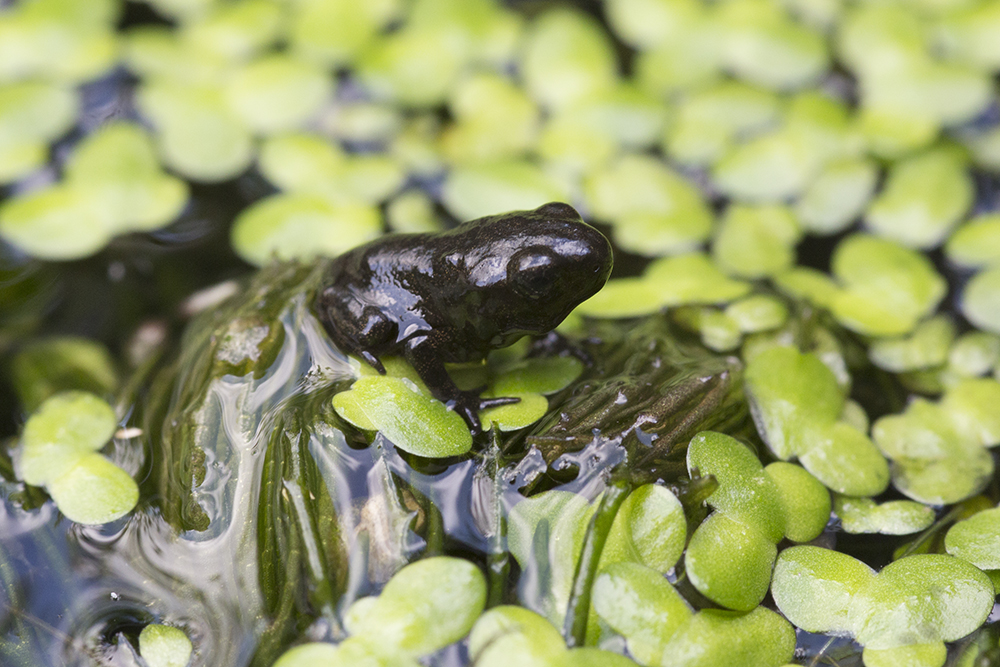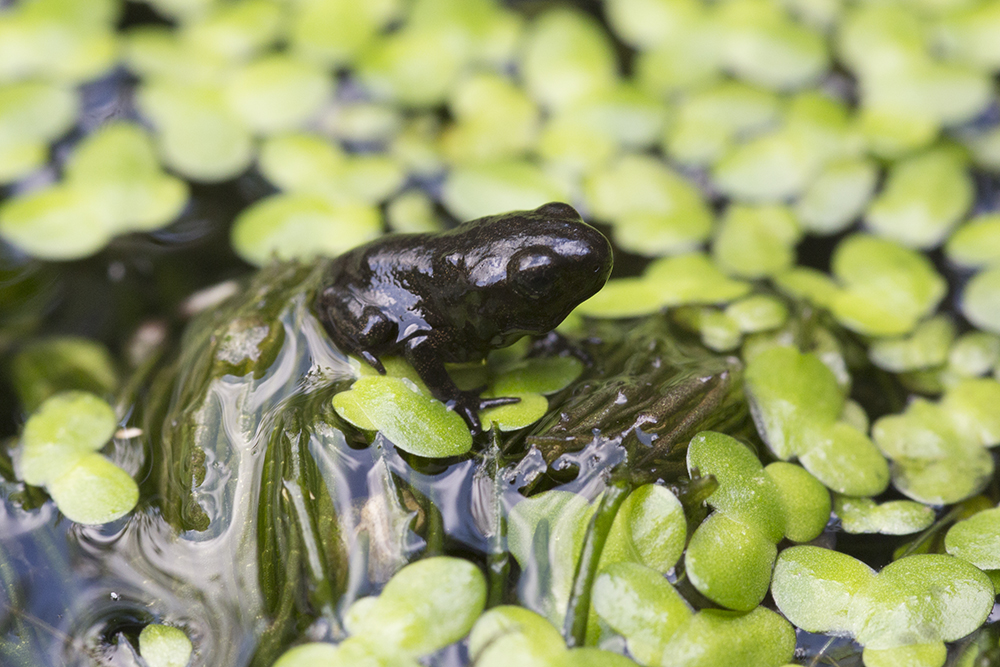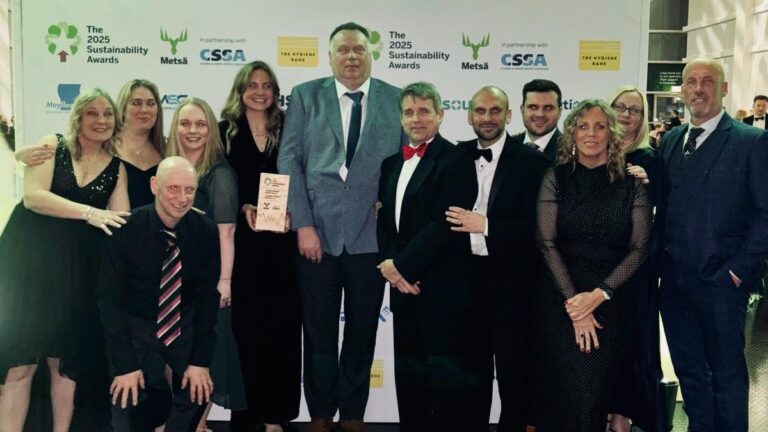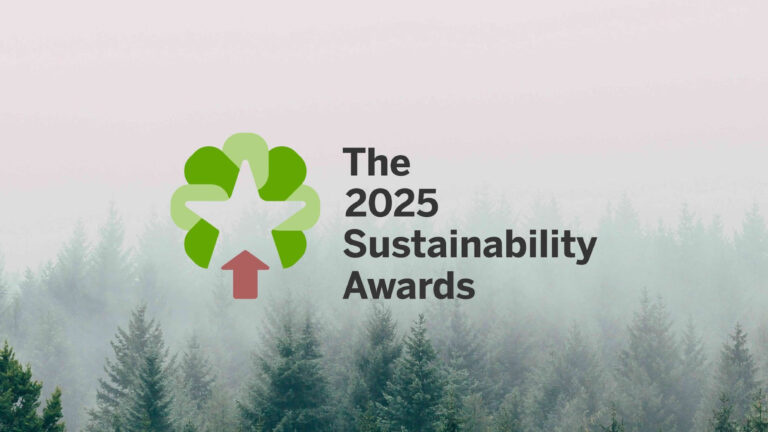Today is World Wetlands Day, an opportunity for us to reflect just how important the world’s wetlands are to biodiversity, wellbeing and in some regions even human survival, Derek Walter, Sustainability Manager tells us more.

Pictured: a froglet photographed by Rural Estate Delivery Advisor, David Blake.
“40% of the world’s species depend on wetlands for survival, rice paddies (man-made wetlands) feed half the world’s population and where would we be without our lockdown walks alongside our lakes, rivers and canals?
“Wetlands play an immense role in climate resilience too. One key role in this is absorbing and holding back water when it rains. This lessens the likelihood of flash flooding events which have become more prevalent in recent years due both to climate change and the speed at which run-off water enters watercourses from the plethora of roofs and roads mankind has created. By holding this water back for weeks rather than minutes, streams and rivers are less likely to become overwhelmed and burst their banks.
“Wetlands can also be pivotal in the fight against climate change itself. Peat bogs trap dead plant material and lock up the embodied carbon from the atmosphere for centuries – storing twice as much carbon as forests. Saltmarshes, mangroves and seagrass beds also hold vast amounts of carbon.
“The depletion of peat bogs over the years for fuel, compost and drainage for agricultural land has been a double detriment to the environment. The destroyed bogs lose the ability to capture carbon from the atmosphere and all the previously trapped carbon then gets released – contributing to climate change. Just one of the many ways anthropogenic carbon has been released and directly contributed to climate change.
“The Government has set a target for the UK to bring all greenhouse gas emissions to net zero by 2050 This will involve three key stages:
- Reduce energy consumption (e.g. by insulating buildings or energy efficient lighting)
- Secure renewable energy sources (e.g. solar, wind or tidal power)
- Offset remaining carbon with natural capital (e.g. peat bog restoration, tree planting) Landmarc Support Services will play a key role in all three stages, but in particular the offsetting of the remaining carbon.
“Landmarc manages 1% of the total UK land mass (the Defence Training Estate), carefully balancing the needs of military training activity and the conservation of the delicate habitats within. We recognise there is capability across the estate to change management practices or habitats in line with the government goal to help achieve net zero but with such a vast area to manage, a strategic approach is required.
“Landmarc has achieved this by working collaboratively with our Defence Infrastructure Organisation (DIO) colleagues to introduce comprehensive Integrated Rural Management Plans covering every site on the training estate. These detail the complex habitats, their condition and how best to manage them.
“Furthermore, the training estate is now also being assessed by Cranfield University as to the current state of natural capital, whether in its existing state it is an emitter or absorber of carbon, and the potential to absorb more carbon in the future.
“The four countries of the UK are also preparing high level reports on the state of natural capital and developing frameworks for national and corporate natural capital accounting for incorporating natural capital assessment into decision-making which will help guide our direction.
“Much of the estate is managed by tenant farmers so these will be key stakeholders to achieve net zero. Post Brexit, farm subsidies for environmental enhancements have been replaced by the Environmental Land Management (ELM) scheme which proposes to pay public money for a range of public goods such as clean water and clean air.
“Under current plans, the ELM scheme aims to deliver outcomes which fall under six categories of public goods as identified in the Government 25 Year Environmental Plan: clean air, clean and plentiful water, thriving plants and wildlife, reducing risk from environmental hazards, mitigating and adapting to climate change, and enhanced beauty, heritage and engagement with the natural environment. Actions to conserve and restore wetlands and soil health will be central to delivering on these goals.
“This month saw the inaugural Defence Sustainability Conference which solidified the goals, the investment required and the importance of natural capital in achieving net zero. Landmarc remain fully aligned with DIO to develop and enhance the estate in the fight against climate change.
“Landmarc has delivered a number of wetland enhancement projects under the Conservation Stewardship Fund Programme. These include the restoration of Balmae Lake pond and wetland complex at Kirkcudbright, and the renovation of valuable post-glacial wetland habitats known as pingoes at Stanford Training Area, which has resulted in significant benefits for rare and protected Great Crested Newts.
“Looking forward to 2021-2022, Landmarc will be delivering an exciting series of projects on the peat-based Otterburn mires to block drainage ditches, re-wet and reactivate peat growth which will not only prevent carbon loss but will restart sequestration and revitalise degraded habitats.”




